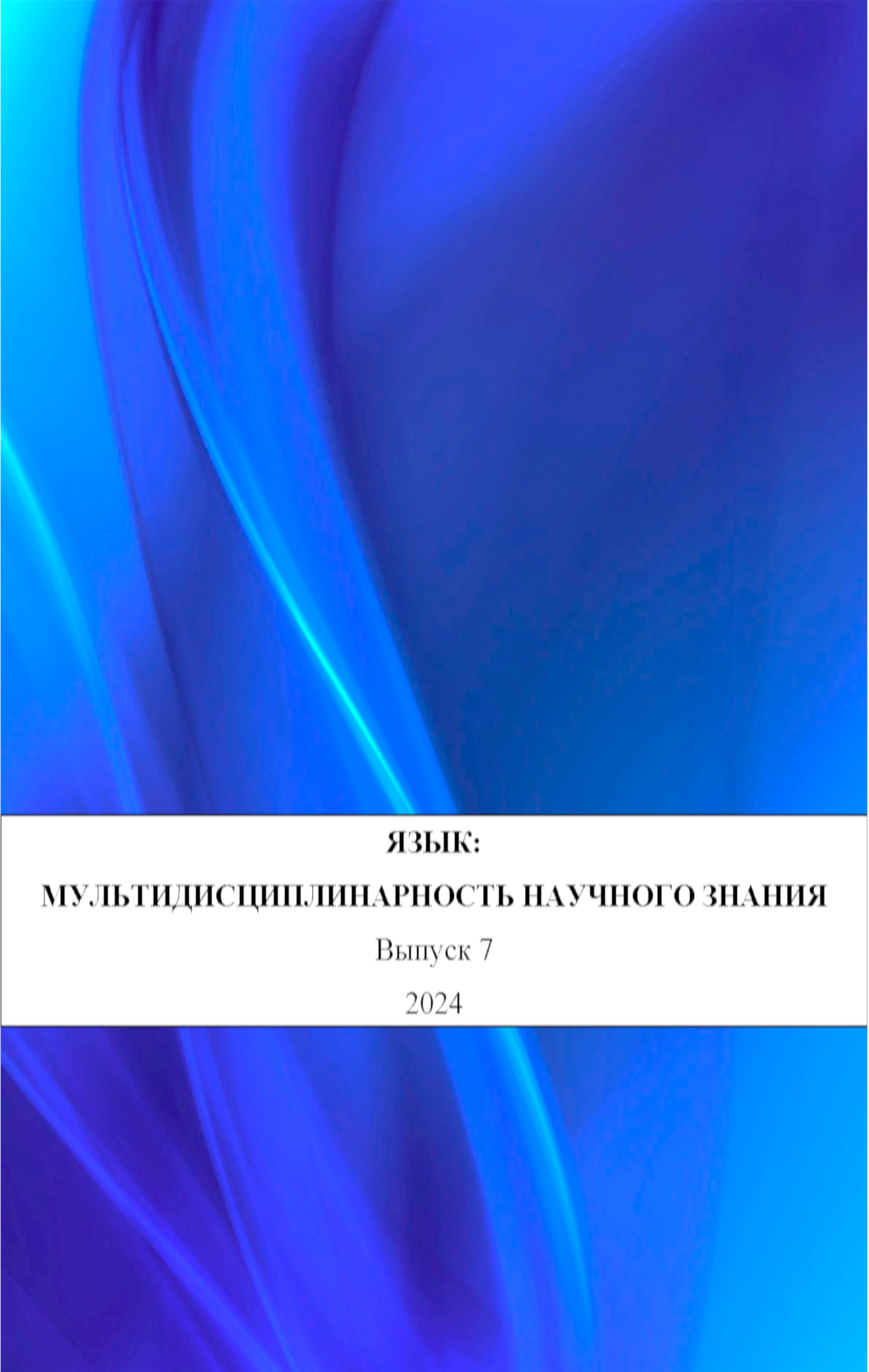МОРФЕМНЫЙ АНАЛИЗ КАК ОБРАЗОВАТЕЛЬНЫЙ ПАРАДОКС
Ключевые слова:
(по)знание, язык, языковой знак, морфема, значениеАннотация
Аннотация. Теоретически несостоятельная и эмпирически неадекватная кодовая модель языковой коммуникации предопределяет парадоксальную ситуацию в образовании, когда учебный предмет «русский язык» становится одним из самых трудных в школьной программе, а решаемая им дидактическая задача расплывчата и туманна. Гипостазирование языковых знаков в самостоятельно существующие объекты-контейнеры, содержащие значения, мотивирует так называемый морфемный анализ – разложение слов на составные части (морфемы) с присущими им «квантами» значения, при этом образовательная цель такого «анализа» не ясна, а его когнитивная ценность ничтожна, поскольку морфемный анализ никак не соотносится с повседневной языковой практикой.Загрузки
Опубликован
20.05.2024
Выпуск
Раздел
ЛОГИКО-ФИЛОСОФСКИЕ АСПЕКТЫ ЯЗЫКА

